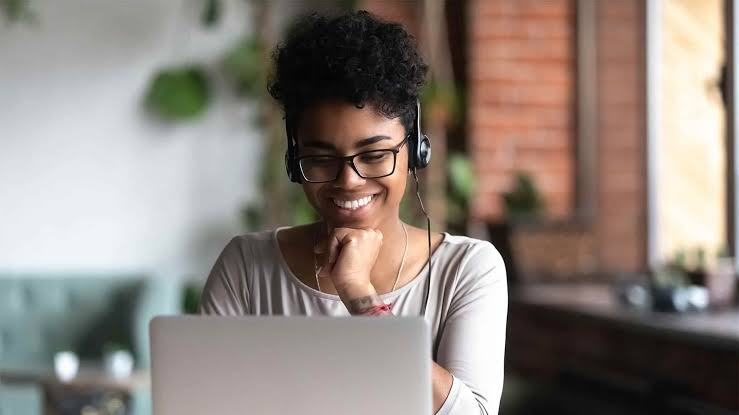Some educationists in Ibadan on Friday said only few students will benefit from online educational engagements being carried out in some parts of the country due to the lockdown.
SEE ALSO: India to Ease Lockdown in Rural Areas From Next Week
The experts told the News Agency of Nigeria (NAN) that many students would not benefit from the online educational initiatives due to lack of infrastructure.
Mr Kayode Adeyemi, the President of the National Association of Proprietors of Private Schools (NAPPS) in Oyo State, said power supply critical to the success of the online engagement as well as monitoring of the students to ensure they follow through with the programme were lacking.
Adeyemi said though the government and some private school operators had engaged students with online educational programmes, the impact would continue to be minimal due to the current challenges in the country.
“In terms of quality, even if you do online engagement, it cannot be as effective as being in the classroom or having teachers whom the students are familiar with and who have authority to teach them.
“Even at the online engagement level, we still have students who can’t login due to lack of data, some have flat batteries while some parents would claim they are not aware of the arrangement.
“Some schools that are very passionate in getting things done, however, go the extra mile to call parents to make sure that they have data,” he said.
According to Adeyemi, money to recharge data is also a challenge as many homes are managing their finances at this period.
“The priority of an average household now is on how to feed the family and survive the lockdown, not really to expend money on data or fuel to power television or radio.
“Some students will be given assignments online only for them to call back and say they didn’t see it clearly, some of them will not even respond or they would complain of network issue.
“That is the platform we say we want to migrate to because of lockdown. This alternative can only work for about 45 per cent of students who are serious minded and have the means,” he said.
Also speaking, Prof. Adams Onuka, an Education Evaluation Expert at the University of Ibadan, described the development as ‘ fire brigade approach’ due to lack of infrastructure to make it effective.
He noted that those in the rural areas would be left out as only the elites would benefit the most from the engagement.
The don said: “This is something that should be systematically planned and executed.
“The engagement is not taking into cognisance those whose means of livelihood had been affected and those in the rural areas who don’t have access to electricity supply.
“Though, it is a laudable idea but it is being done at a wrong time because we are not prepared for it and the people are not equipped for it as there is no provision for it to be successful.
“Most of the government’s resources now are spent on health care, There is no structure on ground to execute this, even radio that is not costly, some people might not have access to it in the villages.
” What infrastructure do we have in place for its success?”
He, however, enjoined the government to use the occasion of COVID-19 pandemic to overhaul critical sectors such as health, education and infrastructure.
“We just have to look at the fundamentals, I think COVID-19 has provided us with the opportunity to overhaul critical sectors.It will help our economy to grow and depend less on the western world for survival,” Onuka said.
NAN reports that since schools were closed in Oyo State, many private schools have engaged students on social media platforms while the government is sponsoring educational programmes on television tagged “School-on-Air.”
Dr Nureni Adeniran, the Executive Chairman of Oyo State Universal Basic Education Board, also announced that the state would commence teaching of English language and Mathematics to pupils on government-owned radio stations across the state on Monday.

